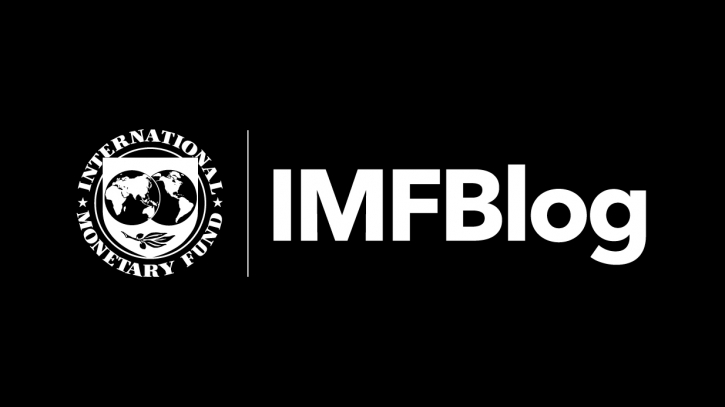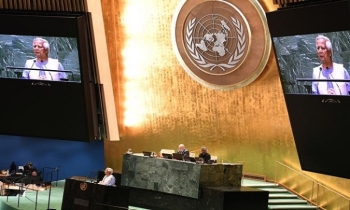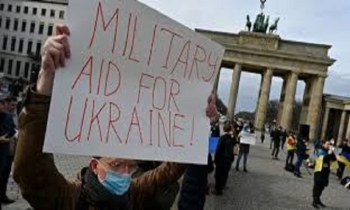IMF lending lifeline: Addressing urgent financing beeds brought on by the pandemic
IMFBlog || BusinessInsider

The human toll and global economic disruption from the COVID-19 pandemic triggered unprecedented demand for financing. More than 1/3 of the IMF’s membership have received relief from the Fund. Since the onset of the pandemic, the IMF has responded rapidly and decisively to meet urgent and exceptional demand for financial assistance from its membership.
Since March 2020, 70 members, including many low-income countries, have received financial support under the two instruments created to address urgent financing needs that may arise from natural disasters (including pandemics, earthquakes, hurricanes): the Rapid Credit Facility and the Rapid Financing Instrument. That support totaled over $29 billion. In April, the IMF also approved a broad package of reforms that built on previous changes to strengthen the reach and flexibility of financial assistance under these facilities.

More countries also benefited from IMF support through other channels, including augmentations under existing programs, to the tune of over $70 billion.
Even compared to previous crises such as the Ebola epidemic, the needs triggered by this current pandemic are unprecedented.
The Fund’s rapid response helped many countries to contain and mitigate the impact of this external shock. This financial assistance does not have traditional IMF conditionality and phasing of disbursements over time, although countries still undertake policy commitments to address their difficulties, and governance commitments about how those resources are to be spent.
This article first appeared on IMFBlog.
























